Editor’s Note: One of the women who most ignited the Karen meme last year was Amy Cooper, who called the police on a black birdwatcher in Central Park and lied that he was threatening her. The fallout was swift. She was fired from her job at Franklin Templeton, and her dog was even temporarily taken from her. Now, she’s suing Franklin Templeton, accusing the company of falsely portraying her as a racist. Uh no…you portrayed yourself as a racist. The Karen is strong in this one. To remind everyone of the Karen meme meaning and impact, we’re re-publishing our story, which was partly prompted by Cooper’s actions.
***
The scourge of “Karen-ism” has grown to the point it can no longer be ignored. You’ve surely seen the many videos of white women, usually middle-aged, taking someone to task, usually a minority, for some infringement or annoyance. The videos often include calls to the police, which, as everyone knows, can cause serious consequences for people of color.
The term has several reported origins. Some say it stemmed from a Dane Cook comedy routine about the Karen (“Karen is always a douchebag”) in every friend group. Or it could be based on this scene from Mean Girls. Originally it was mildly offensive, “mocking a fairly specific brand of white woman—an anti-vaxxer mom with an entitlement complex and `can I speak to the manager’ hair,” wrote Aja Romano in Vox. Recently, especially since Amy Cooper and George Floyd, it’s taken on a more serious, racist connotation.
There is a video of an officious white woman calling the police on an eight-year-old Black girl selling bottles of water a without permit, and one of another woman dialing 911 about some Black men using a barbecue grill in a park. Last week, a California woman called the police and said she was afraid because the Hispanic owner of the car she scraped in a parking lot was asking for her insurance card.
Lately, “Karen” has also been used to skewer women who feel they don’t have to wear a mask in a store that requires it, or who are behaving in other selfish ways during the pandemic. Or brandishing pistols cavalierly out of panicky over-reaction.
Because we feel the whole matter hits particularly close to home, we talked to many NextTribe women about it. Here we consider what it can accomplish, how it can hurt, and one fitting solution.
Read More: Owning Up to My Own Racism: A First Step Toward Creating Change
The Good Karen
It Calls Out Racist—and Bullying—Behavior That Needs to Be Called Out
There’s no doubt that the behavior of these obnoxious women (and men too, but we’ll get to that) needs to stop. Thank God that the power of smartphone cameras and the Internet have combined to expose the depth and breadth of the weaponizing of white privilege, even after all these years.
“This `Karen thing’ is part of a dark history that costs lives: the Scottsboro Boys, Emmett Till, and names not committed to history,” said a woman of color living in New York. “I also had a recent personal encounter with a woman who sought to assert her authority with me by threatening to call the cops in a minor encounter because she knew there’s no `she said, she said,’ between Black and white people.”
Many women in NextTribe were glad to see racist bullies finally suffering consequences. “I say shine the light on this kind of social “cancer” and make these people squirm,” says Rogene Buhrdorf of Austin.
Marcellina Kampa, who admits to being fascinated by the Instagram site, @KarensGoingWilds, says she finds the videos somewhat gratifying. “Especially if the [perpetrators] get their comeuppance, like getting kicked out of the store, or getting arrested. I hate bullies. I have no problem shaming those kinds of awful people.”
It Gets Us to Look in the Mirror
Wouldn’t it be great if the whole “Karen” phenomenon could get white middle-class women to start talking about how their own actions, even unwittingly, may harm people of color? This meme “highlights the behavior and misuse of privilege, access and power these women display and how it negatively and adversely affects people of color,” says Courtney Santana of Austin. “I would say as a person who has been bullied by white women in the past, it’s an issue I’d love to see addressed by white women for accountability’s sake within their own ethnicity. I have wonderful white friends that would never behave like this, and it’s unfair to characterize and bunch them together like this, but it’s time for a real conversation.”
Barbara Gabriel thinks the meme succeeds because there is an element of humor (even though the subject itself isn’t funny) and because the truth of it hits a nerve. “The humor allows [the videos] to go viral and be seen by millions,” Gabriel says. “The truth helps us understand the racism and cultural violence behind them. We can recognize this Karen behavior as privileged and racist and part of a larger cultural pattern. As a white woman in my early 60s, I see them and think, `I’m not them. They are assholes.’ I also think, `I know and love someone like that.’ In that sense, the Karen memes serve a purpose; they’re helping us recognize the pattern and have us asking, `What can I do about it?'”
Probably the first step is for any of us who are white (I’m including myself) to educate ourselves regarding the history of racist attitudes and policies, and have a (respectful) discussion with someone you know who could easily fall into the “Karen” category. Then there’s this: White women also have to answer for the fact that a majority of them voted in 2016 for someone who was unabashed in his contempt for women and who in word and deed prizes white privilege. No conversation can overlook this glaring statistic.

A satire of the state of our culture. Are you laughing?
The Bad Karen
It Could be Generalized to All White Middle-Aged Women
Many women we heard from feared “Karen” could easily become a lazy, dismissive term for white middle-aged women, akin to the “OK Boomer” meme. As a white woman, I can say that we have enough stigmas and stereotypes to face as it is (though of course far fewer than women of color).
“Look, these women are assholes, but it’s concerning that it feels like white women as a group are being vilified,” says one NextTriber on our Facebook member page. “I’m glad they’re being publicly shamed. They deserve it. But I don’t love the implication that as a white (and yes privileged) woman, I’m the same.”
This generalization has already happened to at least one NextTribe member (see below).
It’s Unfair Since Men Can Be Even Worse
The behavior of women in these “Karen” memes hardly stacks up to the institutionalized racism that was created and is still largely perpetrated by men. There is no shortage of evidence of white men taking part in despicable, bullying confrontations with people of color; American history is rife with violent examples–not just anonymous men but also men in power. George Wallace, Bull Connor, and those police officers who clubbed protesters crossing the bridge in Selma are just a few of thousands upon thousands of known examples. And what is the KKK but a weaponized, violent group of male “Karens?”
The evident misogyny of people being so quick and happy to shame women is disturbing. “If we are going to use the code name `Karen,’ why don’t we have one for privileged white men? Heaven knows there are more of them than there are `Karens,'” said Karen Evans Collier, who says she’s not truly bothered by the slandering of her name. “If this is the worst thing I have to endure, I am very fortunate.”
Several NextTribers pointed out that men behaving despicably on video are given the labels “Kens” or “Kevins” or “Chads.” But the fact is that if you Google “Karen videos,” you’ll get to see women throwing fits in Starbucks and Costco. If you Google any of the male names looking for videos, you see no such humiliating behavior. For example, “Ken videos” yields results like “Barbie & Ken Family Morning Routine.” Yeah, not the same thing at all.
It Divides Women
The whole concept of women shaming, or laughing at, other women is disturbing to many NextTribers. Cassaundra Melgar-C’de Baca, who says she’s experienced name-calling as a Latina, a disabled veteran, and a lesbian, would much prefer women building each other up. “Isn’t there a more diplomatic, proper way to address it?” she asks.
In a NextTribe Facebook group, Alexandra DeBourcy says she hopes women can focus on bigger issues—together. “As much as Karen videos portray a negative stereotype of white, entitled women, I feel we need to focus more on derogatory terms with greater history and prevalence in our society towards women of all races/colors,” she says. “As women we need to focus on the battles that don’t divide us.” Certainly we can all get behind condemning a U.S. Congressman (looking at you Ted Yoho) for calling a female colleague a “fucking bitch.”
It Trivializes the Issue
The obvious parallel between the notorious videos from the turn of the century called “Girls Gone Wild,” which showed young women making regrettable displays of their bodies or sexuality, and the Instagram account @KarensGoingWilds, suggests that these videos of women melting down are being posted for entertaining, voyeuristic purposes. Of course, this trivializes a very important issue, making it easier to skim over the unsettling truth while we laugh or gawk at the out-of-control women.
What also happens is that the name “Karen” almost guarantees that any substantive discussion of what’s happening in the videos gets side-tracked by laments about the poor Karens of the world stuck with such a label.
“It was funny at first but when is its 15 minutes of fame gonna be over?” says Karen Schloss Diaz on Facebook. “At this point it’s snarky and misogynist, and I am finding it frequently turned back on me when I try to articulate that this super progressive, non-racist, mask-wearing, meditating, cannabis-enjoying, single working mom is not having it anymore.”
Yes, we feel bad for anyone named Karen, but I think most Karens would agree that being stuck with the name is much less burdensome than the injustices suffered by the people at the receiving end of on-camera diatribes. “Calling someone a Karen is not the worst thing you can say,” said Nancy Giles, a commentator on CBS Sunday Morning. “People of color have been called a lot worse for a lot less.”
Many NextTribers suggested finding another name: “Why not make up a name,” Thea Wood suggests, “or use existing adjectives that don’t smear or create prejudice for the innocent?
Oh, we’re glad you asked.
The Perfect Antidote
A few days ago, NextTriber Nancy Goedeke was at the pool in her Austin condo complex. She saw two teenaged boys (white, in case anyone is wondering) dumping one of the poolside tables into the deep end. “After a very civil interaction, I told them,`Don’t do that again,'” she reports. “As they left one of the boys turned to me and called me a Karen.”
This is what we mean above about the generalizing of the term for middle-age women (yikes!), but Goedeke handled it perfectly. “I laughed and told him he should call me an `Ivanka’ instead.”
There you have it, a solution for many of the problems (not all, certainly) with the “Karen” meme. Call the women “Ivankas.” As far as we know there’s only one Ivanka, so hundreds of thousands of innocent women named Karen can escape the humiliation. And it directs attention where it ought to be: On a truly entitled someone (and women like her) who has enabled a racist misogynist for way too long.
Read More: Donna Ladd: From a Wall-to-Wall Racist Childhood to Equality Fighter in Mississippi
A version of this story was originally published in June 2020.

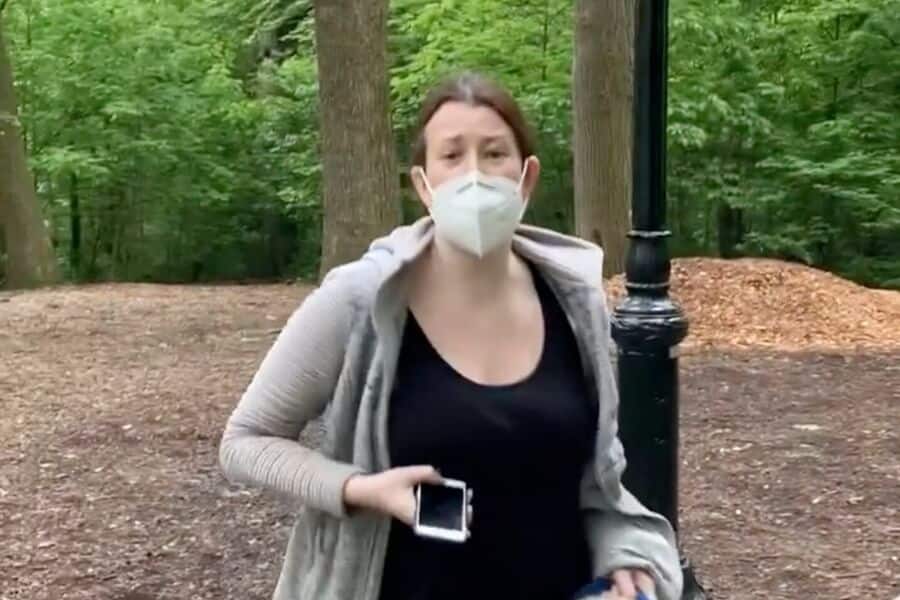
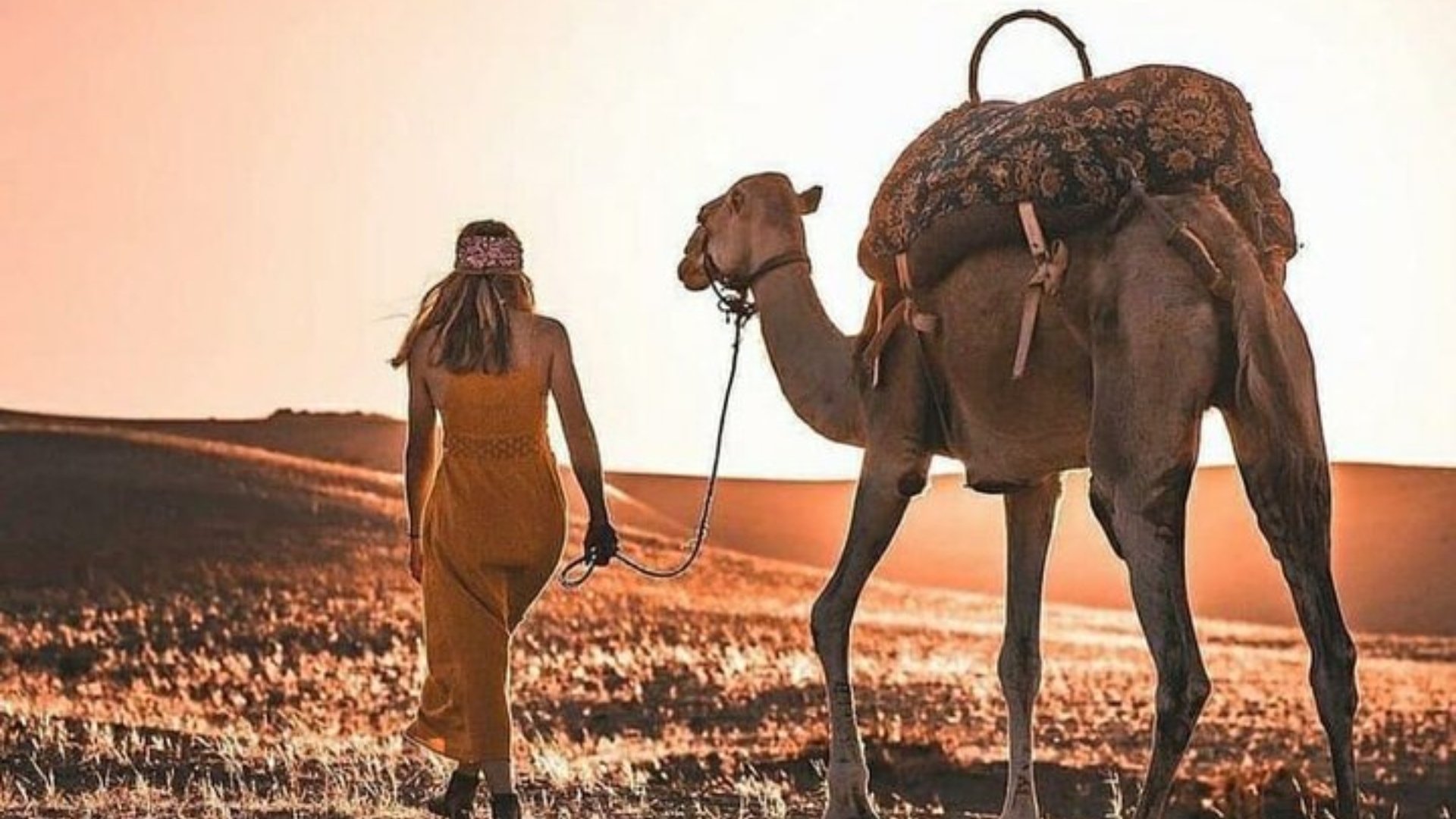





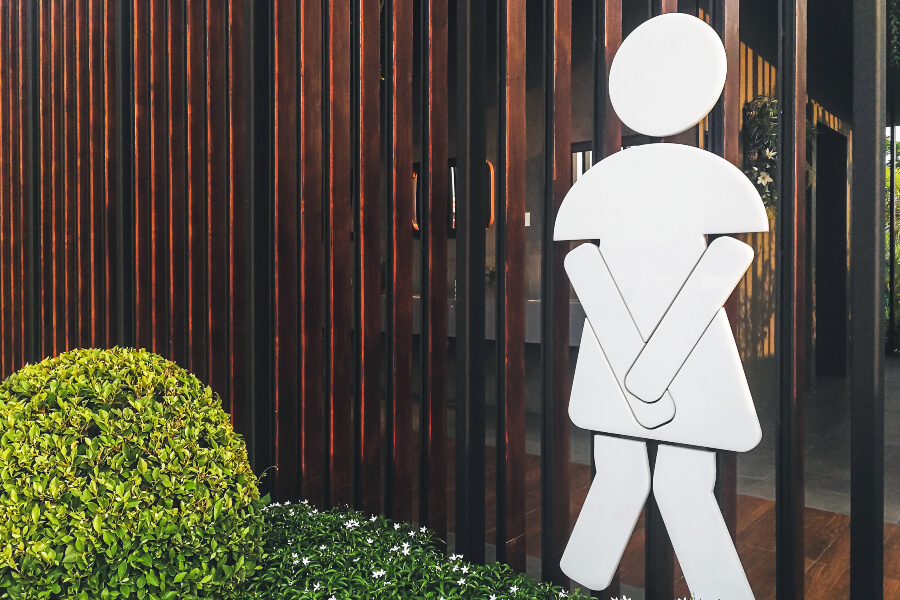



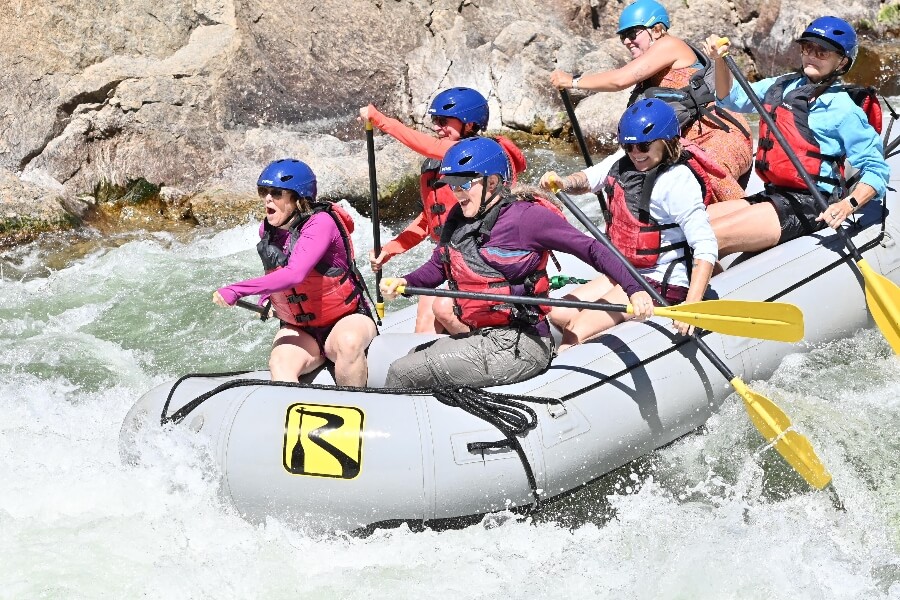


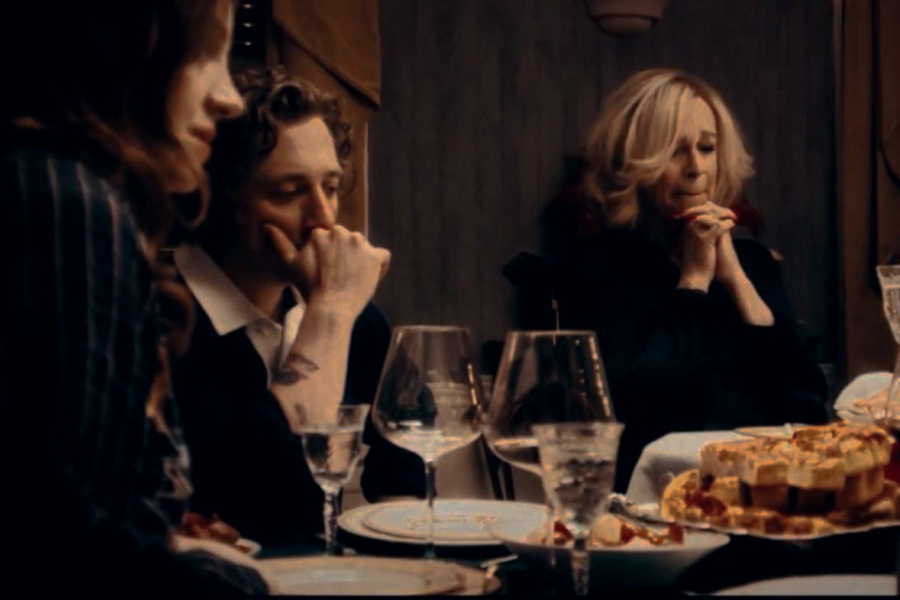
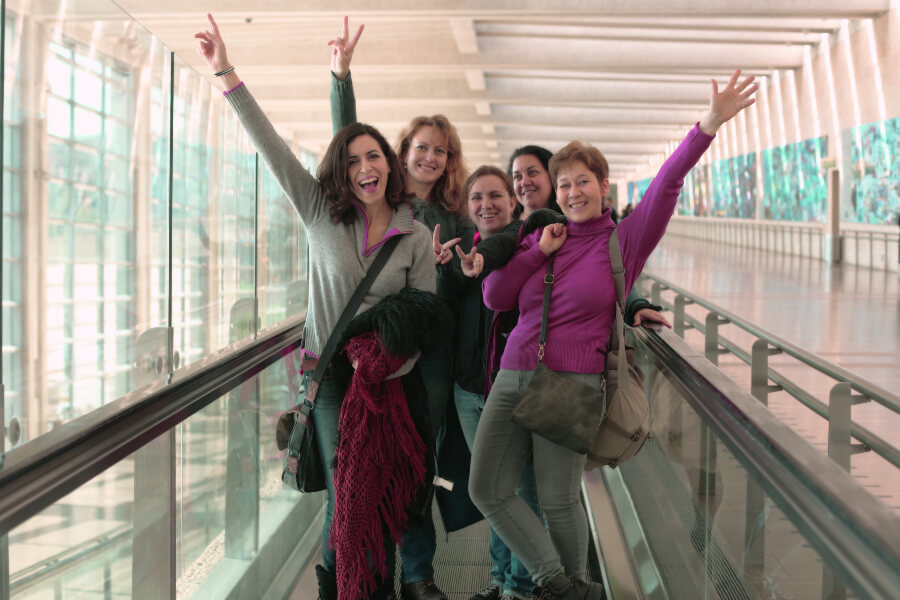
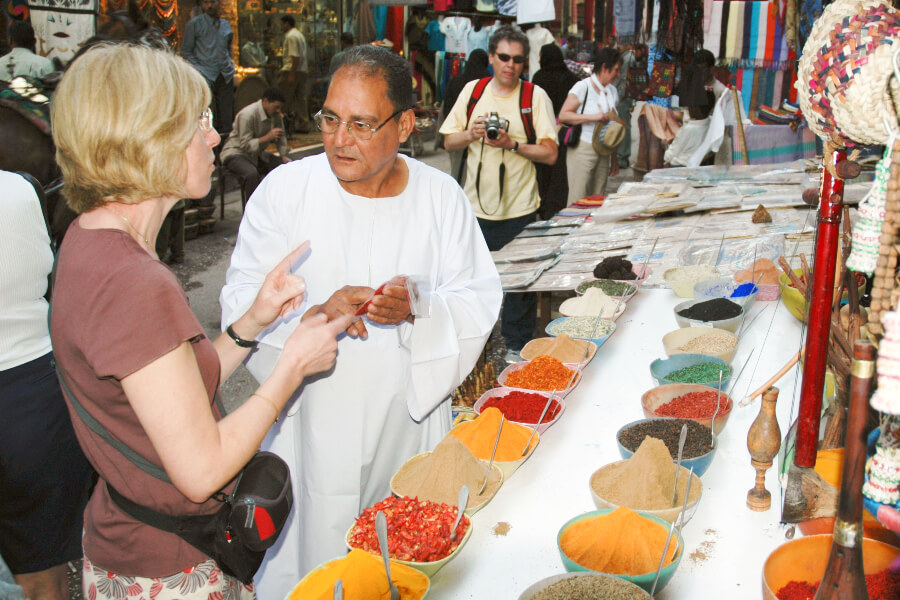
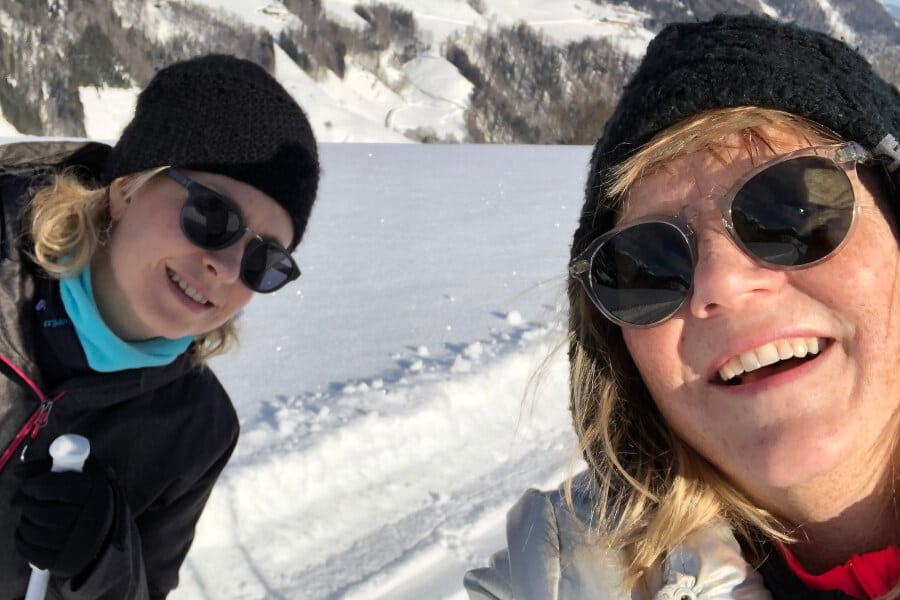


0 Comments